Description
Caring for your Peperomia
These are fast-growing plants and can very reliably reach their full potential independently. All you need to do is make sure that you give them optimal growing conditions, and you will be good to go. Learn all about the perfect growth conditions for the Peperomia Scandens.
Light
The optimal light for the Peperomia is bright and indirect light. This plant typically hangs on to the taller trees so that it can get maximum exposure to the sun. If you want to grow it, you must keep it outdoors so that it can get the most amount of light. You can also keep it indoors as the plant flourishes, even in indirect light. It can also do well under fluorescent lighting.
The more light you give your plant, the better it will grow. If your plant does not get adequate sunlight, it may result in stunted growth.
Soil
You must use well-draining soil so your plant does not suffer water logging. The extra moisture will ruin your plant and its roots leading to root rot. This is why you must have drainage holes at the bottom so that all the excess water drains out. You can also add peat moss and perlite to ensure that your plant has just the right amount of moisture in the soil.
Water
These plants store water on their own. You do not have to worry about watering them constantly. Overwatering is a big problem, and that can ruin the Peperomia. Before you water your plant, make sure that the soil is a little dry before you can water it. The soil should be dry for two inches deep; you have to water the plant for at least seven to fourteen days.
Fertilizer
You do not need to add a lot of fertilizer to your Peperomia plant. This plant is a light feeder and will grow to its best form without the help of heavy fertilizers. This means you do not have to hassle with buying fertilizer and can do without one for the most significant part of the year. All you need to do is feed it once a year in spring or summer, and you will get the best foliage you can ask for.
Common Issues
Ideally, the plant has no issues but can still suffer from problems due to different pests and diseases.
Pests
Not many pests may harm the Variegata, but you need to ensure that you keep it away from pests. For that, you can use different pesticides or medicines to keep the insects away. Some of the most common pests include spider mites, mealy bugs, and fungus gnats. These insects can suck the sap out of the plants and damage them significantly.
Disease
As for diseases, you may experience water logging that may cause your plant’s roots to rot. Similarly, excess water can also cause your plant to have a fungal infection or leaf spots that can be very dangerous. Always ensure you water your plant as much as it needs.
Pruning
There is no severe need to prune these plants, but you can keep trimming them to ensure you get the kind of shape you want. This will help promote the growth of your plant and help you increase its foliage. It is all about the kind of look you prefer for your plant.
Propagation
These plants are extremely easy to propagate. You can quickly propagate it using stem cuttings. These will help you get the best look for your new plant, and you will be able to get all the variations you need. You can propagate the plant in the soil or in water; it’s your choice.
Potting / Repotting
The Peperomia is a relatively slow growing plant and so you may need to onoy repot it every 3-5 years. This also depends on how fast your plant grows and the sunlight and other necessities you provide it.
However, if your plant is wilting or has overwatered, you might have to repot it right away. Get dry soil to repot it as that will help your plant recover. You do not need a huge pot to repot it, and even one that is only 1-2 inches bigger will do the job.

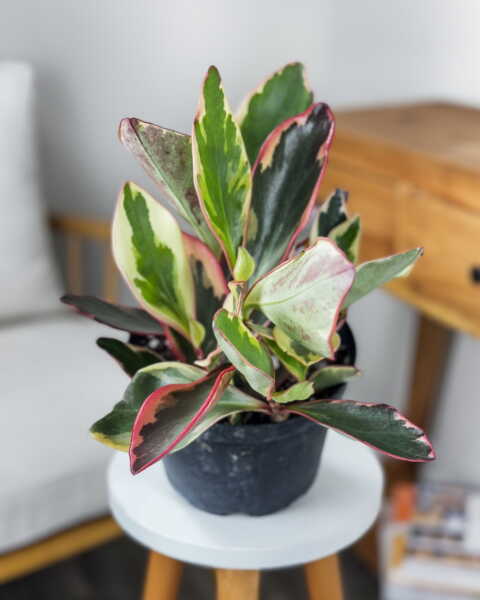
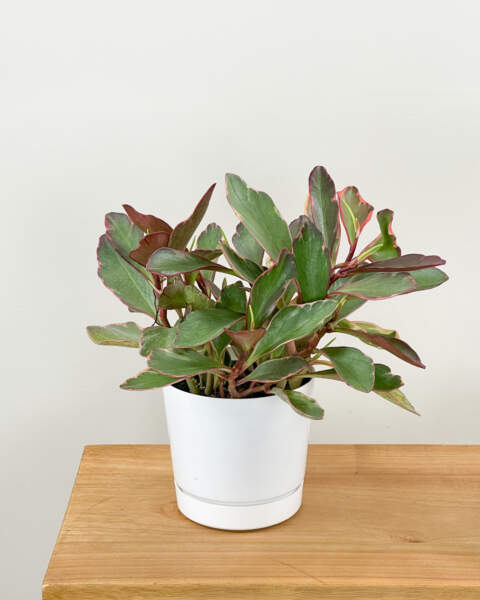

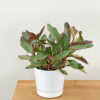
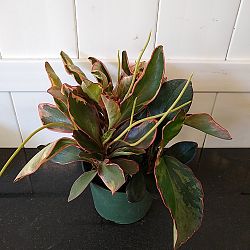
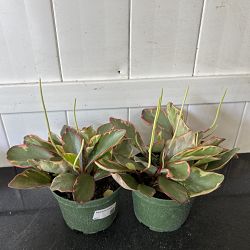
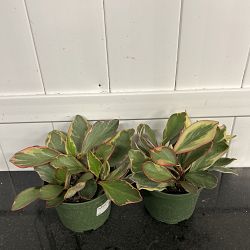



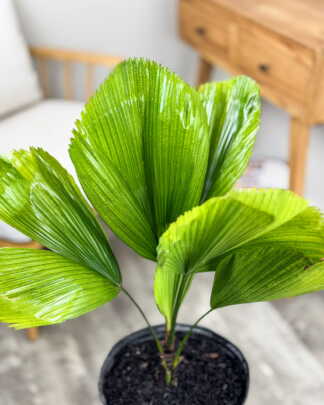
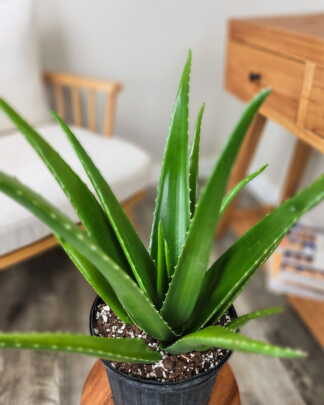
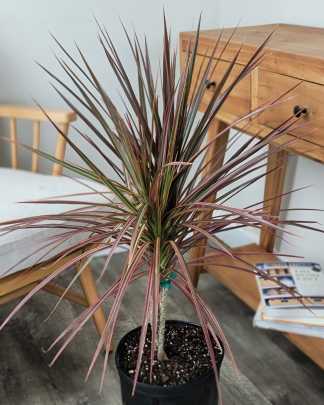
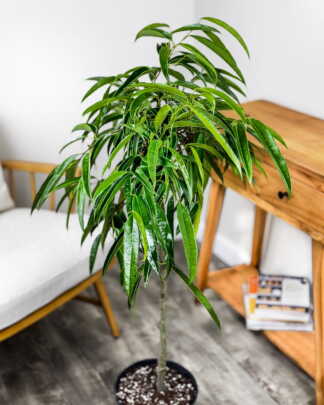
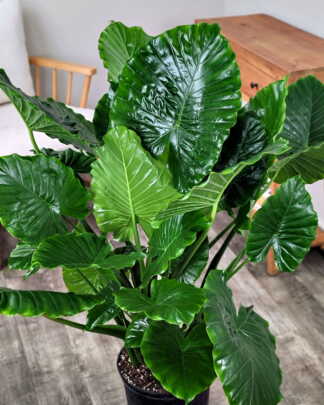




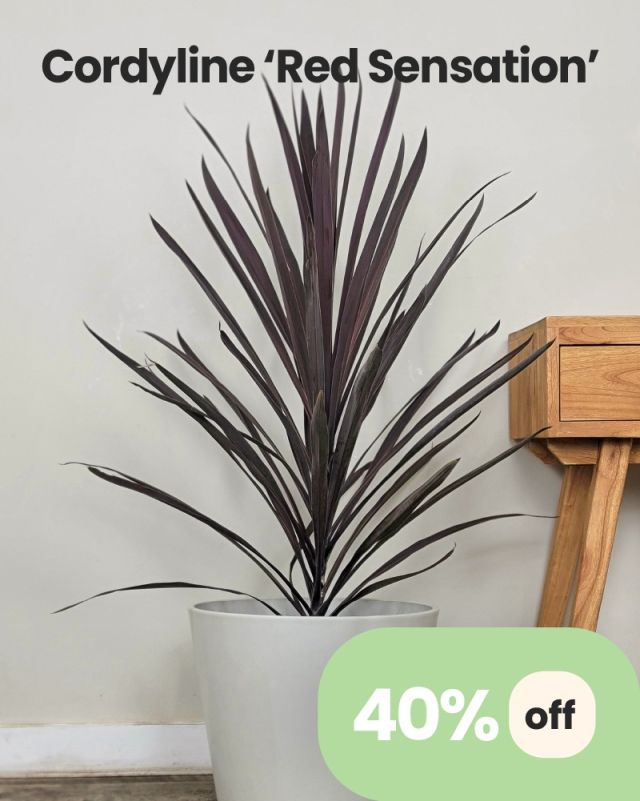


Robert (verified owner) –
laurie rosenbaum (verified owner) –
Love it
Nikki Rmz (verified owner) –